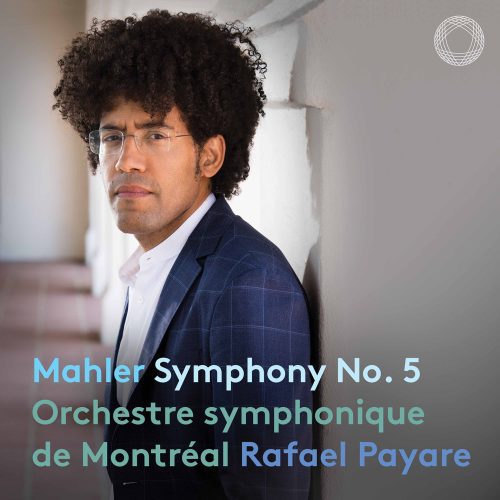This is the beginning of the Rafael Payare / Montreal Symphony Orchestra union on recording! And what a marriage it is! Mahler, dear to the heart of the Montreal conductor of Venezuelan origin, is a logical choice for him, but a daring one : there is certainly no shortage of great readings of the great Gustav’s symphonies. But, true to his bold personality, Payare dares and wins. Here is a Fifth on the brink, between light and abyss, fragile in the risks it takes, but emotionally powerful in its success. Long accents in the stentorian theme of the first movement, the Mahlerian equivalent of Beethoven’s “Fate” in his own Fifth, testify to the composer’s voluntarism in his struggle for survival and hope. The contrast with the trivial beerfest melodies is pushed to the limit by Payare. The latter plays Freud by psychoanalyzing the composer and his youthful ghosts, obsessive echoes mixing painful memories of his father beating his mother while a barrel organ played grotesque music in the street outside. Mahler is there, in this absurd collision. Payare understood this. He has also understood that this work is not inflated with slowed down grandiose moments. One acts, one advances, with urgency and nervousness. Mahler had no choice: he knew his health was fragile, he knew he had little time to say what he had to say. He was in a hurry, at least in this final symphony of the “first period,” to share his hope for a happy ending. The second movement is fierce, the third plays with flamboyant clarity and darkness. Here, the Montreal Maison symphonique is a perfect sounding board. So much detail, so much flattering light on the individual lines whose interweaving becomes clear and easy to understand, where so many others can be unnecessarily cluttered. The Adagietto, at nine minutes, does not drag on. This is a good choice because the unbearably languid silicon shooting of some versions does not seem to suit the work. The urgency, again. Then the explosion of life, hope and redemption in the fifth and final movement, jubilantly Frisch, allegro giocoso.
I think Payare has found the right tone, one that matches the personality of his orchestra and his hall : an inspiring marriage between Europe (here Germanic) and French America, which is itself a marriage between two worlds originally opposed, France and England, but brought together in a unique symbiosis. Finally, the Latin warmth inherent to the Quebecois spirit and Payare’s direct origins, concludes a first recording adventure that is quite successful and tinged with a strong personality for the Montreal Orchestra and its young conductor.
























